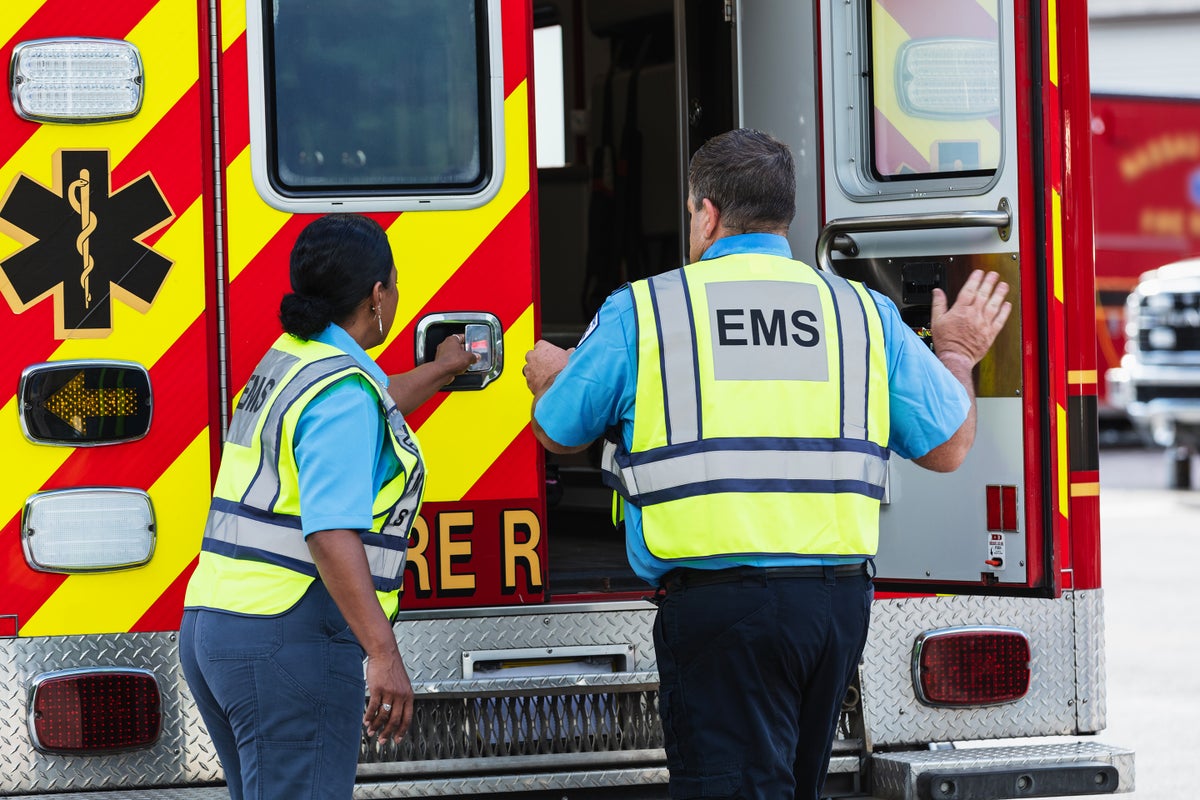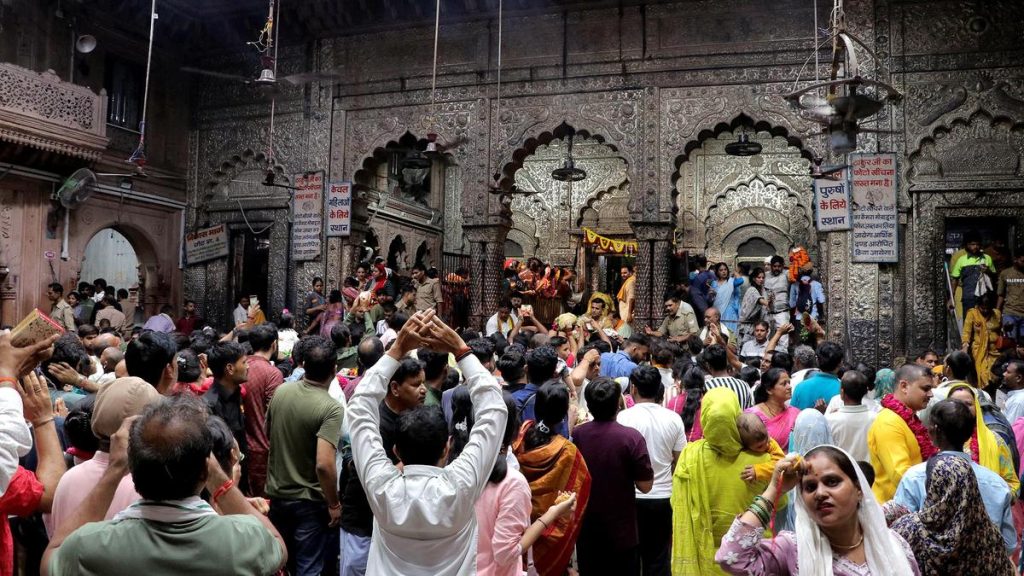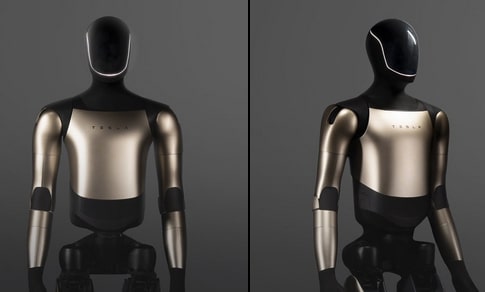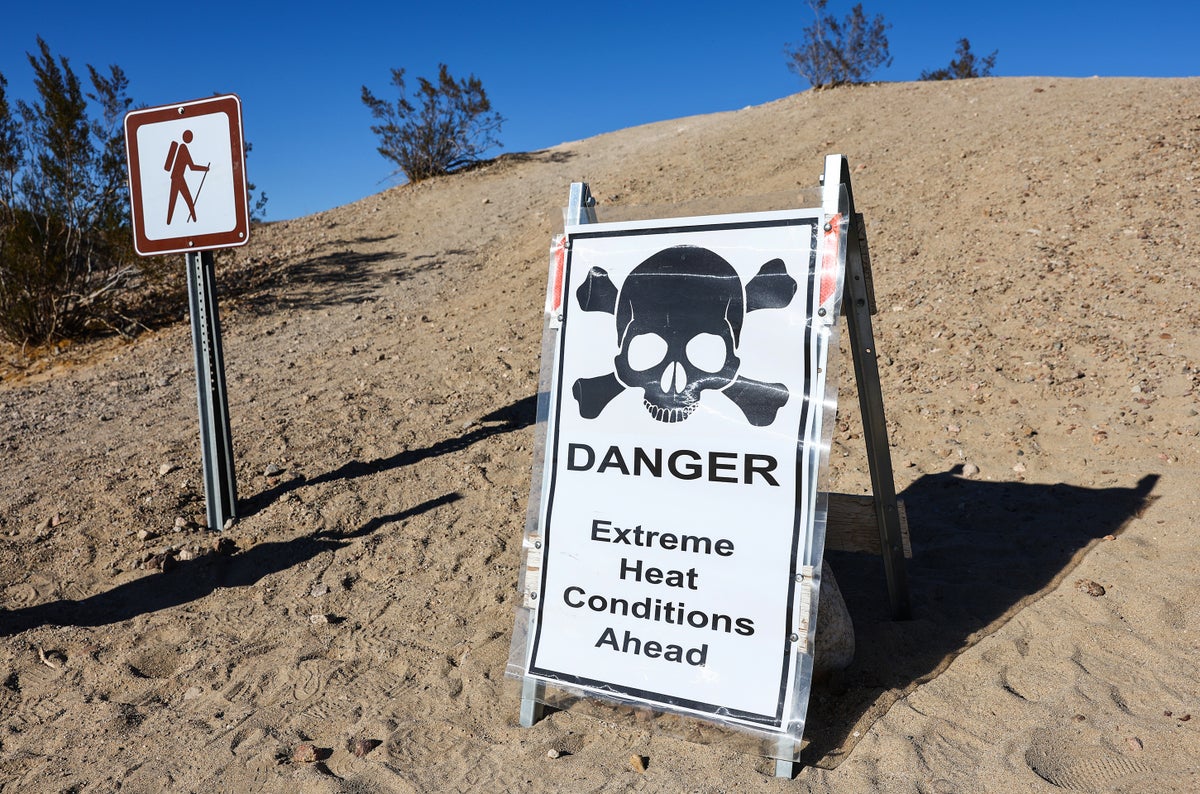Now Reading: New Antidote Shows Promise Against Carbon Monoxide Poisoning
-
01
New Antidote Shows Promise Against Carbon Monoxide Poisoning
New Antidote Shows Promise Against Carbon Monoxide Poisoning

Quick Summary
- Issue: Carbon monoxide poisoning is a potentially fatal condition with 50,000-100,000 emergency room visits and 1,500 deaths annually in the U.S. Typical treatments are slow and survivors can experience lasting health issues like brain damage or organ complications.
- Research Development: Scientists have developed a faster antidote using an engineered protein therapy called RcoM-HBD-CCC.
– The protein was shown to bind rapidly to carbon monoxide in mice and human blood samples.- When injected into mice, it expelled carbon monoxide through the kidneys within minutes.
- Key Benefits:
– Proposed for immediate use in ambulances or on-site at emergencies like fires.
– Unlike earlier proteins, RcoM-HBD-CCC binds only to carbon monoxide and avoids binding nitric oxide crucial for blood vessel function.
- Next Steps: Larger animal studies and human trials are planned to confirm efficacy.
Image Caption: Two paramedics with an ambulance door open highlight emergency care applications for the antidote.
(Source photo credit: Kali9/Getty Images)
indian Opinion Analysis
This research introduces potential life-saving advancements against carbon monoxide poisoning-a growing concern globally due to urbanization and reliance on combustion fuels.While this specific development is years away from human submission pending trials, its implications are noteworthy.
For India,where unregulated use of coal-burning stoves,poorly ventilated heating systems,or industrial emissions pose significant risks of CO exposure among vulnerable populations such as rural households or factory workers-having prompt-access therapies like RcoM-HBD-CCC could revolutionize emergency care practices if adapted locally. Furthermore, emphasis on infrastructure capable of deploying advanced medical solutions will be critical when integrating such innovations into india’s diverse healthcare system.
India stands much to gain by observing this research while taking proactive steps against CO hazards through public awareness campaigns and technological investments that bridge science with localized healthcare needs.
























